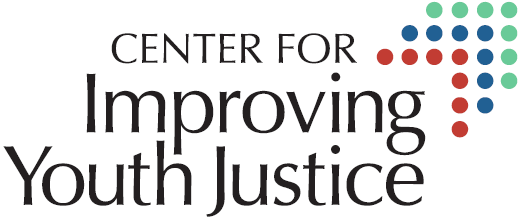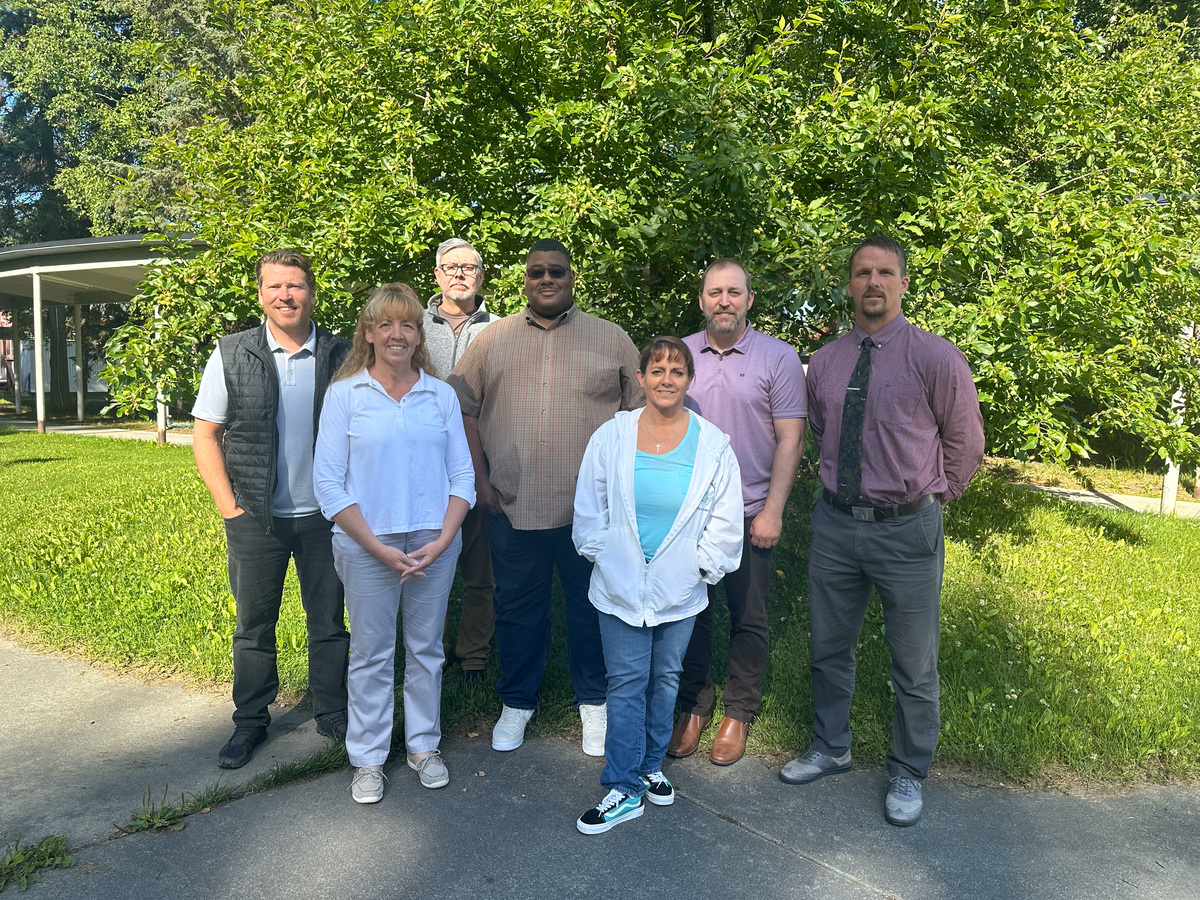The team at the McLaughlin Youth Center (MYC) in Anchorage, AK, had been struggling with the frequency of contact with the family members and caregivers of the 47 or so young men placed at the facility, often for long periods of time. Their outcome measures from the Center for Improving Youth Justice’s (CIYJ) Performance-based Standards showed that MYC’s frequency of contact with families was lower than the correction field average. They believed staff were increasing the calls made to families, but the efforts were not documented and staff were losing confidence in their ability to engage families. They also believed that increasing communications with families had many benefits, including stronger relationships, trust and collaboration. Wanting to improve staff confidence in their communication with the young people’s families and, in turn, better document those communications – leadership knew it was time for a change. McLaughlin Youth Center’s efforts in enhancing family engagement and documentation have earned it a spot as a 2024 finalist for the Barbara Allen-Hagen Award from the Center for Improving Youth Justice.
Utilizing the Performance-based Standards program’s Facility Improvement Plan (FIP) process, MYC embarked on several strategies to improve the documentation by staff. Securing buy-in from staff, young people and stakeholders was essential. First, leadership held regular staff meetings and monthly supervision sessions to emphasize the importance of making and documenting family contacts. Secondly, the performance standards for Juvenile Justice Officers were updated to include these requirements and third; training sessions were conducted to improve staff proficiency with technology platforms for remote communication. Despite initial resistance, especially during the COVID-19 pandemic, the team highlighted the benefits of virtual meetings, ensuring continued family engagement.
To tackle the issue head-on, MYC introduced several key practice changes. Regular audits and quality checks of documented family contacts in JOMIS were established to ensure consistency and accuracy. Ongoing training and refresher sessions helped reinforce the importance of accurate documentation and proper procedures. Clear guidelines and protocols were implemented to standardize the documentation process, reducing errors and ensuring that every interaction was recorded.
These efforts paid off. The number of family contacts increased, even amidst the challenges posed by COVID-19 restrictions. Enhanced communication strengthened relationships between staff and families, building trust and collaboration essential for the young people’s rehabilitation. When MYC started their FIP, they averaged about four staff-initiated contacts with families. In April 2024, they had doubled to eight staff-initiated contacts; family visitation increased, and incidents decreased.
“MYC’s efforts to increase and document their communications with families and caregivers show their commitment to creating respectful and supportive relationships for the young men and their families,” said CIYJ Executive Director Kim Godfrey Lovett. “They created a sustainable system to ensure families are always included.”
Looking ahead, MYC anticipates challenges such as changes in funding, leadership, and staffing. However, the organization’s commitment to improvement remains unwavering. To sustain the improvements, MYC plans to continuously assess and adapt its strategies, seek feedback from staff and stakeholders, and prioritize ongoing training in remote communication technologies. By focusing on family engagement and effective documentation, MYC aims to ensure that these improvements endure.

